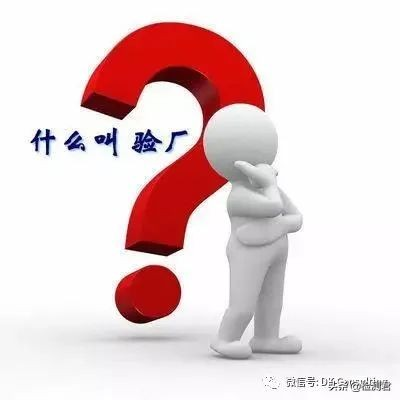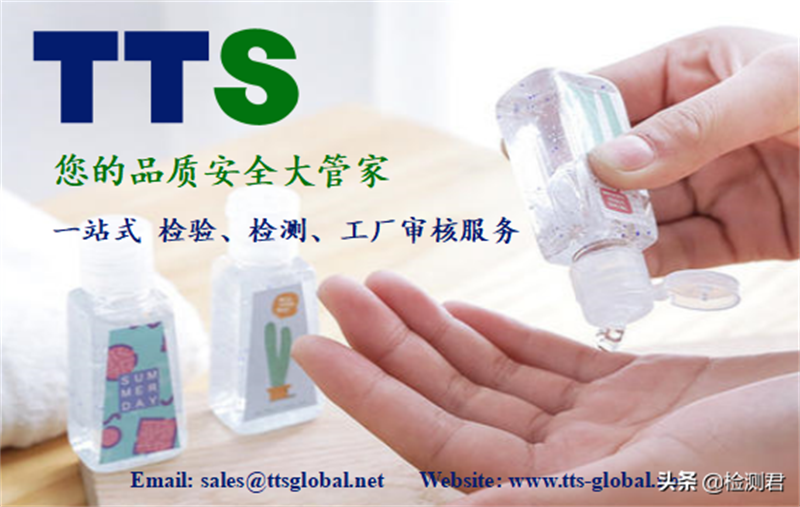For a trading company or a manufacturer, as long as it involves export, it is inevitable to encounter a factory inspection. But don’t panic, have a certain understanding of the factory inspection, prepare as required, and basically complete the order smoothly. So we first need to know what an audit is.
What is a factory inspection?
Factory inspection” is also called factory inspection, that is, before certain organizations, brands or buyers place orders to domestic factories, they will audit or evaluate the factory according to the standard requirements; generally divided into human rights inspection (social responsibility inspection), quality inspection Factory (technical factory inspection or production capacity assessment), anti-terrorism factory inspection (supply chain security factory inspection), etc.; factory inspection is a trade barrier set by foreign brands to domestic factories, and domestic factories that accept factory inspections can also get more order to protect the rights and interests of both parties.
Factory inspection knowledge that must be understood in foreign trade
Social Responsibility Factory Audit
The social responsibility audit generally includes the following main contents: Child labor: the enterprise shall not support the use of child labor; Forced labor: the enterprise shall not force its employees to labor; Health and safety: the enterprise must provide its employees with a safe and healthy working environment; freedom of association and collective bargaining rights:
the enterprise must Respect the rights of employees to freely form and join trade unions for collective bargaining; discrimination: In terms of employment, salary levels, vocational training, job promotion, termination of labor contracts, and retirement policies, the company shall not implement or support any policy based on race, social class, Discrimination based on nationality, religion, physical disability, gender, sexual orientation, union membership, political affiliation, or age; Disciplinary measures: Businesses may not practice or support the use of corporal punishment, mental or physical coercion, and verbal assault; Working hours : The company must comply with applicable laws and industry norms in terms of work and rest hours; Salary and welfare level: The company must ensure that employees are paid salaries and benefits in accordance with basic legal or industry standards; Management system: The upper management must formulate guidelines for social responsibility and labor rights to ensure compliance with all relevant national standards and compliance with other applicable laws; environmental protection: environmental protection in accordance with local regulations. At present, different customers have formulated different acceptance criteria for suppliers’ social responsibility performance. It is not easy for the vast majority of export companies to fully comply with laws and regulations and the requirements of foreign customers in terms of social responsibility. It is best for foreign trade export enterprises to understand the specific acceptance criteria of the customer in detail before preparing for the customer’s audit, so that they can make targeted preparations, so as to remove obstacles for foreign trade orders. The most common ones are BSCI certification, Sedex, WCA, SLCP, ICSS, SA8000 (all industries around the world), ICTI (toy industry), EICC (electronics industry), WRAP in the United States (clothing, shoes and hats and other industries), continental Europe BSCI (all industries), ICS (retail industries) in France, ETI/SEDEX/SMETA (all industries) in the UK, etc.
Quality audit
Different customers base on ISO9001 quality management system requirements and add their own unique requirements. For example, raw material inspection, process inspection, finished product inspection, risk assessment, etc., and effective management of various items, on-site 5S management, etc. The main bidding standards are SQP, GMP, QMS, etc.
Anti-terrorism factory inspection
Anti-terrorism factory inspection: It only appeared after the 9/11 incident in the United States. Generally, there are two types, namely C-TPAT and GSV.
The difference between system certification and factory audit customers System certification refers to the activities that different system developers authorize and entrust a neutral third-party organization to review whether an enterprise that has passed a certain standard can meet the specified standard. System audits mainly include social responsibility audits, quality system audits, environmental system audits, anti-terrorism system audits, etc. Such standards mainly include BSCI, BEPI, SEDEX/SMETA, WRAP, ICTI, WCA, SQP, GMP, GSV, SA8000, ISO9001, etc. The main third-party audit institutions are: SGS, BV, ITS, UL-STR, ELEVATR, TUV, etc.
Customer factory inspection refers to the code of conduct formulated by different customers (brand owners, buyers, etc.) according to their own requirements and the review activities carried out by the enterprise. Some of these customers will set up their own audit departments to conduct standard audits directly on the factory; some will authorize a third-party agency to conduct audits on the factory according to their own standards. Such customers mainly include: WALMART, TARGET, CARREFOUR, AUCHAN, DISNEY, NIKE, LIFENG, etc. In the process of foreign trade, the successful completion of the factory audit process is directly related to the orders of traders and factories, which has also become a pain point that the industry must solve. Nowadays, more and more traders and factories realize the importance of factory audit guidance, but how to choose a reliable factory audit service provider and improve the success rate of factory audit is crucial.
Post time: Aug-03-2022







